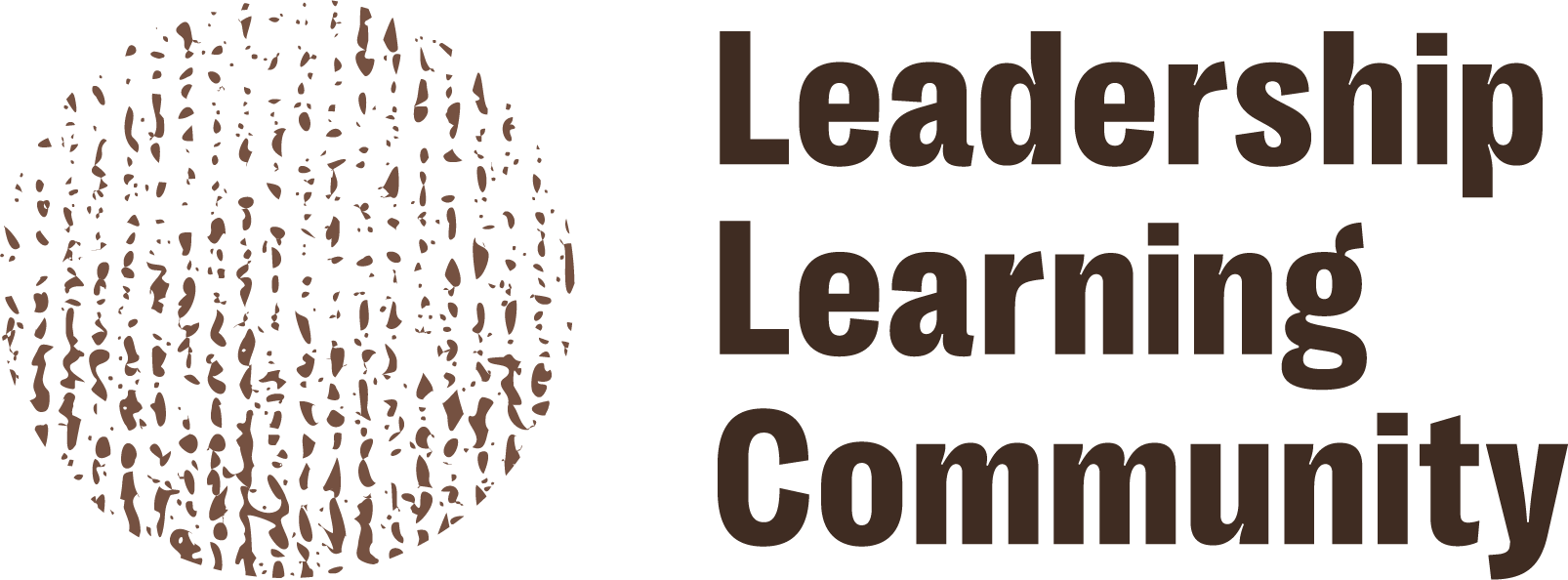Liberatory Leadership Webinar
Shared Leadership: the Co-Directorship Model
Session Recap
As the need to recognize leadership as a process and collective endeavor expands, we must question how the current, dominant cultural paradigm of heroic leadership has permeated organizational life and leadership. We can learn from communities where leadership is often shared and organizations experimenting with distributed leadership and flattening hierarchies. Some organizations have been experimenting with a co-directorship model. The Whitman Institute implemented this model 3 years ago, and we are fortunate that Co-Directors John Esterle and Pia Infante have offered to share their experience in a conversation about why they chose this model, the benefits of being co-directors, the structure, challenges, and how they have dealt with them, and lessons along the way. This will be a video conversation opened up to participants for your questions.
Speakers
Pia Infante, Trustee and Co-Executive Director of The Whitman Institute, Pia Infante draws on decades of multi-sector experience as an educator, facilitator, organizational development consultant, executive coach, non-profit manager, business owner, writer, and speaker to advocate for trust-based practice. Pia serves as the Board Chair for the Center for Media Justice. She is on Faculty for the M.A. in Leadership Sustainability at the University of Vermont’s Rubenstein School of Environment and Natural Resources and Thousand Currents Academy. She is an I.C.F. certified executive leadership coach, holds an M.A. in Education from the New School for Social Research, and a B.A. in Rhetoric from the University of California at Berkeley. Follow her @PiaVision.
John Esterle is the Co-Executive Director and a Trustee of The Whitman Institute, an independent foundation based in San Francisco that will sunset in 2022. T.W.I. aims to advance social, political, and economic equity by funding dialogue, relationship building, and inclusive leadership. A strong advocate of “Trust-Based Philanthropy,” John began working at T.W.I. in 1988 and became its Executive Director in 1999. In 2004, John led T.W.I.’s transition from an operating to a grantmaking foundation. John presently serves on the boards of Philanthropy for Active Civic Engagement (PACE), Images and Voices of Hope, and the Germanacos Foundation. He also participates on the advisory committees of several non-profit organizations.
